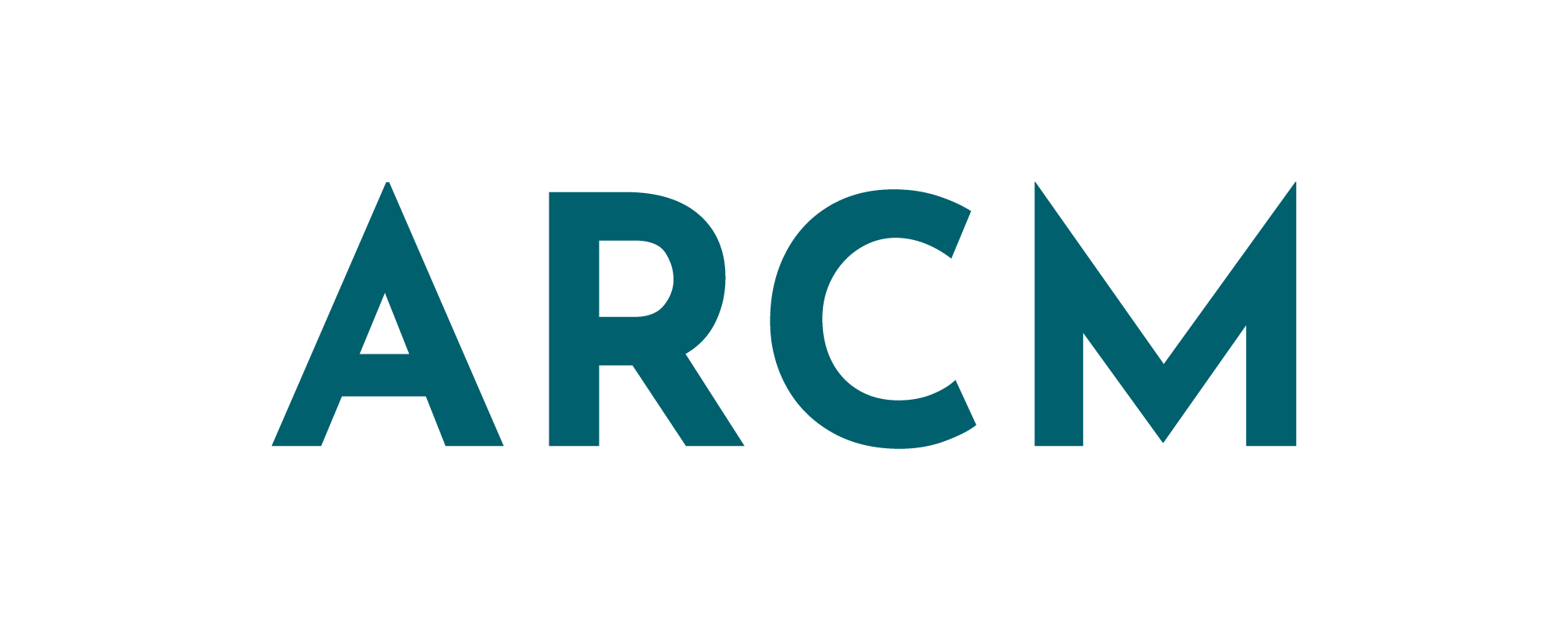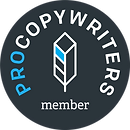Listen to this blog
Google’s 2023 September Helpful Content Update has been quite a contentious one. Essentially a sequel and expansion of their 2022 Helpful Content Updates, this update has seen a few critical changes and a significant increase in guidelines.
So why is it so contentious? Many folks who have historically performed well in the SERPs are suddenly finding their traffic plummeting. Traffic disappeared essentially overnight. And, of course, there has been a lot of talk about the rise of AI content in the SERPs.
John Mueller, essentially the face of Google comms, has obviously had a bit of a tough gig. Fielding questions and call after call of “this isn’t fair” about the latest update.
But, I’m not here to dig into the backlash from the latest update. In fact, I know many smaller business owners who are greatly benefitting from the latest update.
So what’s changed since the Helpful Content Updates of yesteryear?
One of the first and clearest examples is a subtle but important change of wording in the opening statement. The 2022 update was rolled out in opposition to an increase in AI-generated content, stating:
“Content created by people, for people”
The 2023 Helpful Content Update instead states:
“Content created for people”
A subtle, but very important distinction. Does this mean that we should all yield to our AI overloads and fuck off with professional content writing altogether? No. Of course note.
The same way you shouldn’t jump ship from all social media platforms that aren’t TikTok just because it’s the new and shiny thing.
I think it’s time to dig into Google’s extensive Helpful Content Guidelines. Which, thankfully, are actually quite helpful. The first step is to ask yourself a metric fuckton of questions.
The most important sentence in the entire update
And I quote:
“If you’re producing helpful content, then you don’t need to do anything; in fact this system may be good for your site, as it is designed to reward helpful content.”
So what the fuck does helpful content actually look like?
How to self-assess your content for SEO, according to Google
Thankfully, alongside this September update, Google has released some incredibly extensive documentation. This includes a shit ton of questions to ask of your content to decide if it is in fact helpful at all.
Quality over quantity of your content:
- Is your content original, providing new information, analysis, reporting, or research? (or are you just regurgitating/copying your competition?)
- Is the topic covered substantially? (none of these wishy washy 300 words posts that say nothing thank you)
- Does your content provide insightful analysis or info beyond the obvious? (personally, I feel like this is cracking down on cheaply spun journalism that all says the same thing)
- Does it avoid simply copying or rewriting external sources? (yes, I am aware of the irony of this situation. I am trying to add extra info and layman’s interpretation here)
- Does the main heading (H1) provide a descriptive, helpful summary of the content? (or are you creating clickbaity bullshit just to get attention?)
- Is this the sort of content you would want to bookmark, share, or recommend? (this should be a staple base level for all content. If you wouldn’t be interested in it, why the fuck should you audience care?)
- Does your content have any spelling or stylistic issues? (this is why spelling, grammar, and formatting are critical skills for all writers to develop and prioritise)
- Is the content produced well or does it appear hastily thrown together? (trust me, you can always tell when it’s been created in a rush)
This is only 8 of the first 15 questions. I’m hoping it’ll give you a good idea of what to look at and how to assess your content.
Why have so many established sites seen their rankings drop?
Honestly? Because they don’t meet the guidelines. Helpful content isn’t, of course, the only ranking factor. However, creating a web of interconnected, high-quality content is absolutely essential to any ongoing SEO content strategy.
SEO best practices change so fucking often. The blackhat tactics of years passed are now laughed at. But at the time, agencies and freelancers alike charged a shit ton of money to create an influx of backlinks or badly generated content.
Websites were (and sadly some still are) full of loads of replicated content with ever so slight changes to target different locations, industries, etc. It’s my biggest pet hate for most B2B companies (and something I fixed recently for an IT support provider).
How can we stay ahead of the SEO content game?
There are two key things I need you to remember here.
- SEO is only one part of your marketing ecosystem and should never be considered your only marketing tool or goal. Your content marketing needs to exist beyond pleasing the Google gods.
- Write content for people, not search engines. What is actually going to help your customers? What is going to show people that you really know your shit?
Google release updates all the fucking time. Sometimes they will totally fuck with your rankings. Sometimes they’ll improve them. But the only way to create content that will stand the test of time to to write for people first.
Is it a quick fix? No. Is it a quick win? No. But it is the only viable long-term content strategy.
As business owners, sales teams, or marketing strategists, it can be all too easy to fall into the trap of marketing = promoting my company. Ads? Yes. Website copy? To an extent.
But your organic content marketing strategy? That’s the long play. That is how you demonstrate your experience, expertise, authority, and trustworthiness. E-E-A-T may not be a ranking factor but it sure is important if you want a loyal customer base and repeat traffic to your website.
What’s the next step?
Firstly, I’d recommend reading Google’s helpful content guidelines closely. If you’re still not sure, or frankly feel overwhelmed, it’s time to get in touch with an expert.
Whether you want helpful, SEO-friendly content created from scratch, need an audit, or want someone to dig through the archives and update your old content, you know where to find me. Get in touch to get started.


